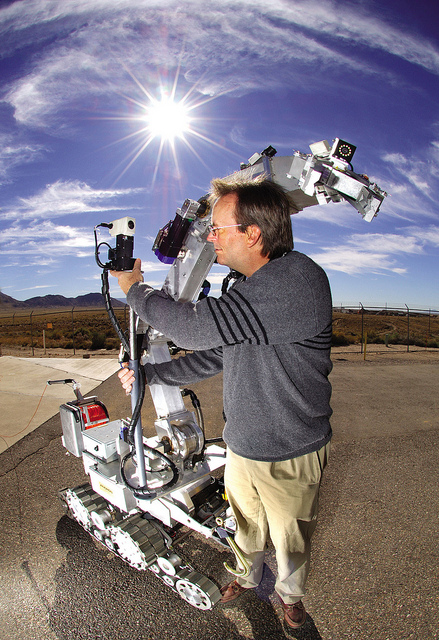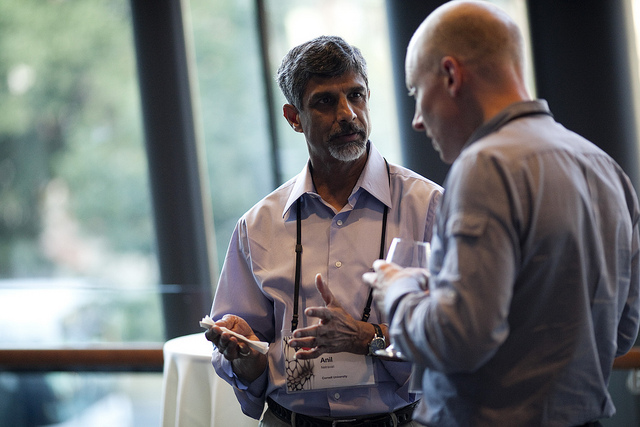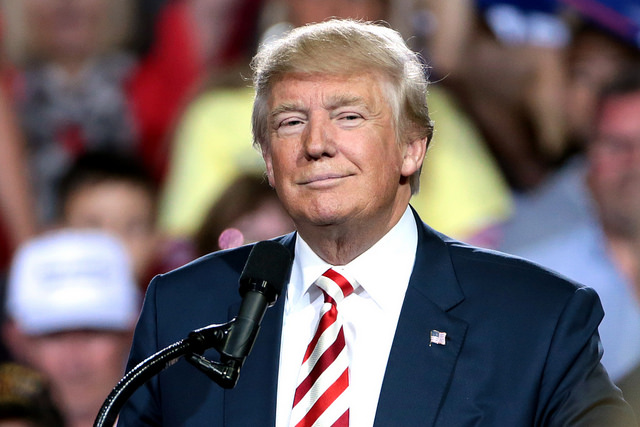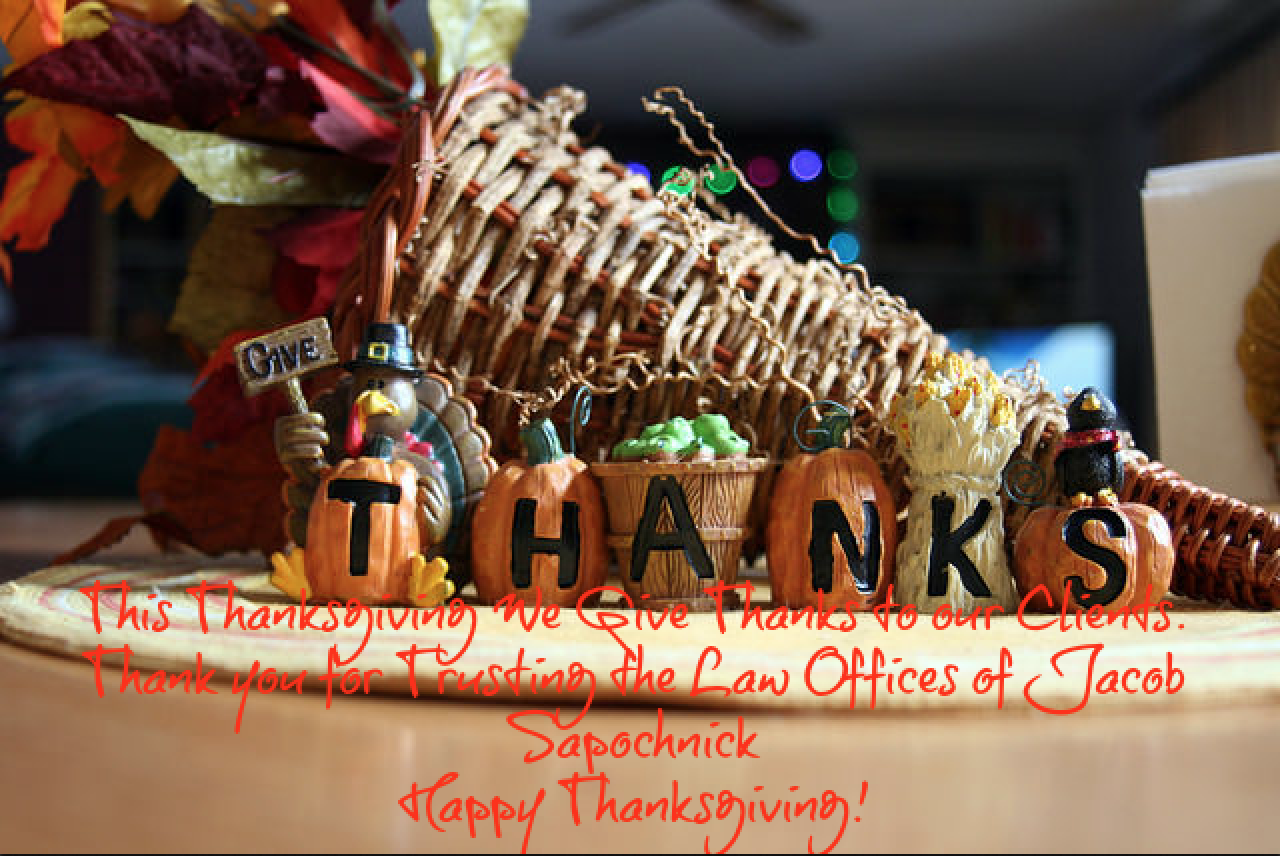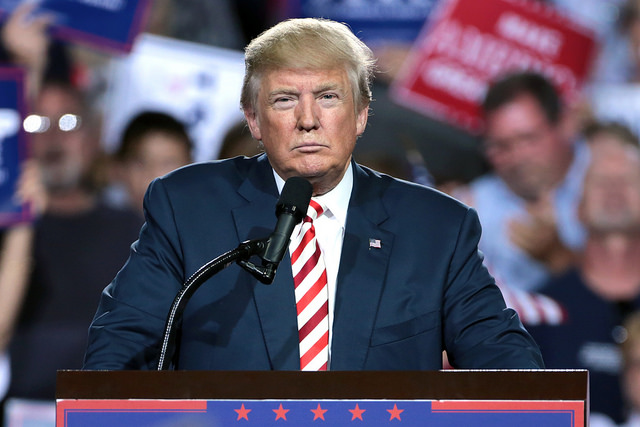Tis the season to file for one of the most popular visa types: The H-1B visa. Filings for cap-subject petitions will begin to be accepted by USCIS beginning April 2nd and the filing period will end on April 6, 2018. As many of you know, the odds of being selected in the H-1B visa lottery are slim, but even those who are selected in the visa lottery have to overcome yet another hurdle, the Request for Evidence. Since President Trump issued the executive order “Buy American, Hire American,” the United States Citizenship and Immigration Services (USCIS) began scrutinizing the adjudication of H-1B visa applications more closely.
Our attorneys witnessed this phenomenon first hand. The volume of requests for evidence increased significantly and USCIS began to be more demanding in the types of documentation requested to qualify for the program.
For this reason, we advise our clients and readers to be very careful this H-1B season and be mindful of the challenges they may face as they proceed with the H-1B visa process.
Common Types of RFE’s and how to avoid them:
- Level One Wage: Executive Order “Buy American, Hire American” directs the Department of State to ensure that H-1B visas are awarded to the most-skilled or highest-paid petition beneficiaries. USCIS has increasingly issued RFEs in which the employer is paying the H-1B worker a level 1 wage. This has prompted USCIS to question why someone with a specialty occupation would be paid the level 1 wage, a wage that is typically reserved for entry-level positions and individuals who only have a basic understanding of the occupation. Thus, it would not be appropriate for someone who has an intermediate to advanced understanding of the occupation to be paid a level 1 wage. Situations in which a level 1 wage is inappropriate also include cases where the worker will take on a complex set of job duties.
 Visa Lawyer Blog
Visa Lawyer Blog




